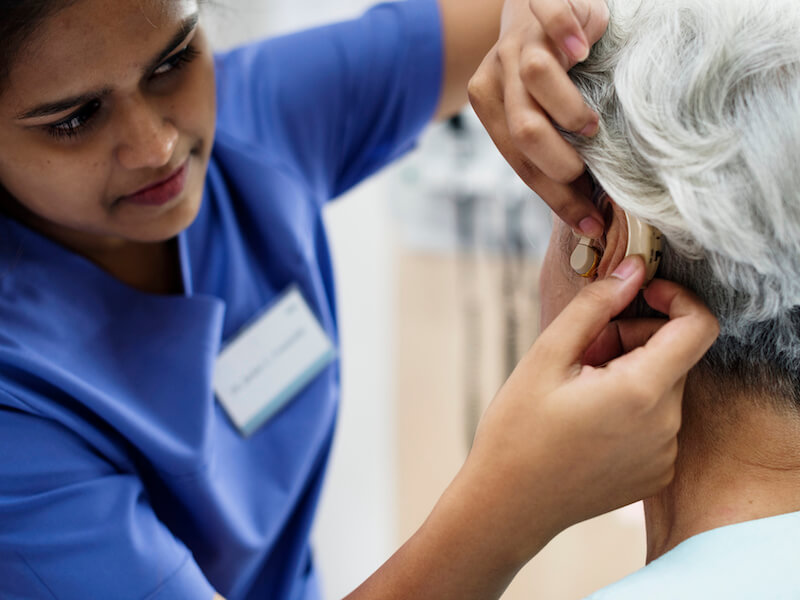
Trouble hearing? Here’s how you can know if your hearing aids require repair.
You take care of your hearing aids. You baby them. You charge them nightly and clean them every day.
But you can’t understand why your hearing aids aren’t functioning effectively and it’s really frustrating. Fortunately, there are some steps you can take to troubleshoot the problem. Just remember: preventing damage is your first task (or else replacing them may be required).
Troubleshooting Your Hearing Aid
Always consult your owner’s manual when doing upkeep and troubleshooting because every model of hearing aid can be a bit different. Here are a few things you can check on most models:
- Wax buildup: Perform a visual check of your hearing aid to ensure that there is no wax buildup preventing ordinary operation. Even if you perform regular cleaning, sometimes wax can build up rapidly, so it’s worth ticking this off your list.
- Keep your microphone clear:On occasion, the microphone can be blocked. A blocked microphone can create feedback or can cause your hearing aids to sound silent or broken.
- Look for noticeable damage: Cracks or loose components could occur around the shell of your hearing aids so don’t forget to inspect for that. Cracks, obviously, could indicate more extensive damage (or allow).
- Examine your battery: Even if you know your hearing aids charged all night, you’ll want to double-check the battery level. If your hearing aid has replaceable batteries, it might be a good idea to check if those batteries are in properly or if a new one solves the problem.
Again, consult your owner’s manual on how you should tackle each of these issues. In some cases, you may be able to perform maintenance yourself. (But, again, consult the instructions.)
When Does my Hearing Aid Require Servicing?
If your hearing aid keeps malfunctioning after you have performed basic maintenance and troubleshooting, it’s probable that your hearing aid will need to be professionally repaired. Because you depend on your hearing aids for all of your basic conversations and social activities, this most likely doesn’t sound very attractive.
But it’s essential to understand that repair doesn’t always imply sending your hearing aid out for repair. There are some circumstances where it can be repaired in shop while you wait.
So in those cases, you will be able to get your hearing aid back before the day’s end (this is the reason why it’s a good idea to bring your hearing aid in so we can assess the damage).
Not all cases can be fixed in house though. And in those cases, you may find yourself needing a backup pair of hearing aids. An old pair may be able to do an adequate job as a backup so bring them in with you if you have a pair. There may even be a loaner pair at our office that we can loan you until yours come back.
Don’t Put Off Getting Help With Your Hearing Aids
It’s essential to get your hearing aids serviced as soon as you experience any falter or fading of the audio quality.
If you do this you will be more likely to eliminate any downtime. Your overall health and your mental health are affected by untreated hearing loss. An even more serious worry is that your hearing will get worse as your hearing aids sit forgotten in a drawer.
The ideal way to keep your hearing healthy is to keep your hearing aids working. Keeping them clean and charged and if necessary, bringing them in for service is the easiest way to do that.
